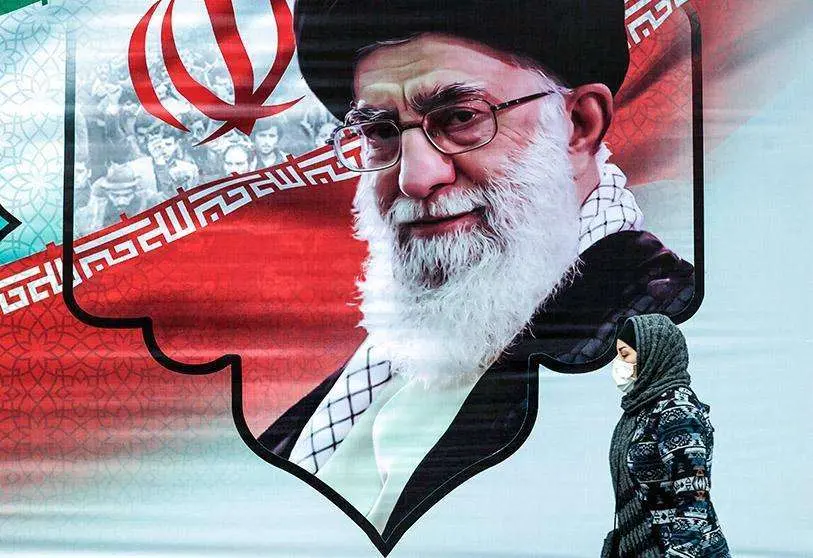Iran will pardon those arrested in demonstrations if they sign a "declaration of repentance"

The protests that began in October last year over the assassination of Mahsa Amini left tens of thousands of people detained in Iran after police repression. The violence of Tehran's armed forces followed the line that the dictatorship had used on previous occasions in the face of such protests, although this time the supreme leader has decided to grant a pardon to many of the detainees. However, in order to be eligible for a pardon, a "declaration of repentance and a written commitment not to repeat a similar offence" will be required.
This is a significant change from the regime's tough stance since the protests began just over four months ago. However, when viewed from a historical perspective, this announcement is not as surprising as it may seem. February 11 marks the anniversary of the 1979 Islamic Revolution, and it seems to have become customary for Supreme Leader Ali Khamenei to grant pardons to certain prisoners on the eve of this celebration, using this occasion to put the spotlight on those arrested during the demonstrations.

Iranian media reported that "prisoners who are not accused of spying for foreign agencies, direct contact with foreign agents, murder, destruction and arson of state property will be pardoned". Without giving an exact number, the same media reports suggest that there could be "tens of thousands", although no detainees with dual nationality will be released.
This wave of pardons is preceded by a letter from the head of the judiciary, Gholamhossein Mohseni Ejei, in which he claims that many of the detainees are young people who have been influenced by foreign propaganda: "During the recent events, several people, especially young people, committed wrong actions and crimes as a result of enemy indoctrination and propaganda". This reinforces Tehran's message from the beginning of the protests that the origin of the protests was an externally orchestrated campaign.

Moreover, the head of the judiciary emphasises this idea in the letter sent to Ali Khamenei, saying that "the plans of the foreign enemies of the anti-revolutionary currents have been thwarted", while assuring that "these young people now regret their actions". Moreover, official Iranian government channels have stressed that "those who do not express regret for their activities and commit in writing not to repeat such activities will not be pardoned".
According to the Norway-based Iran Human Rights Group, more than 100 people face the death penalty. So far four people have already been executed by the regime, which has led to a drastic drop in the number of protesters on the Iranian streets. This, together with the announcement of the pardons, is expected to end the crisis that began in October. However, human rights activists have been quick to react to this decision, saying that "Khamenei's hypocritical pardon changes nothing", according to the organisation.

The group puts the number of protesters killed - 70 of them minors - during the protests at 500, lives that will not be affected by a measure whose sole aim is to once again control a population that has been under the control of the Ayatollah dictatorship for 44 years. The number of detainees has risen to 20,000, which is expected to decrease once the amnesty and reduced sentences announced by the supreme leader on the eve of the anniversary of the Islamic Revolution take effect.









